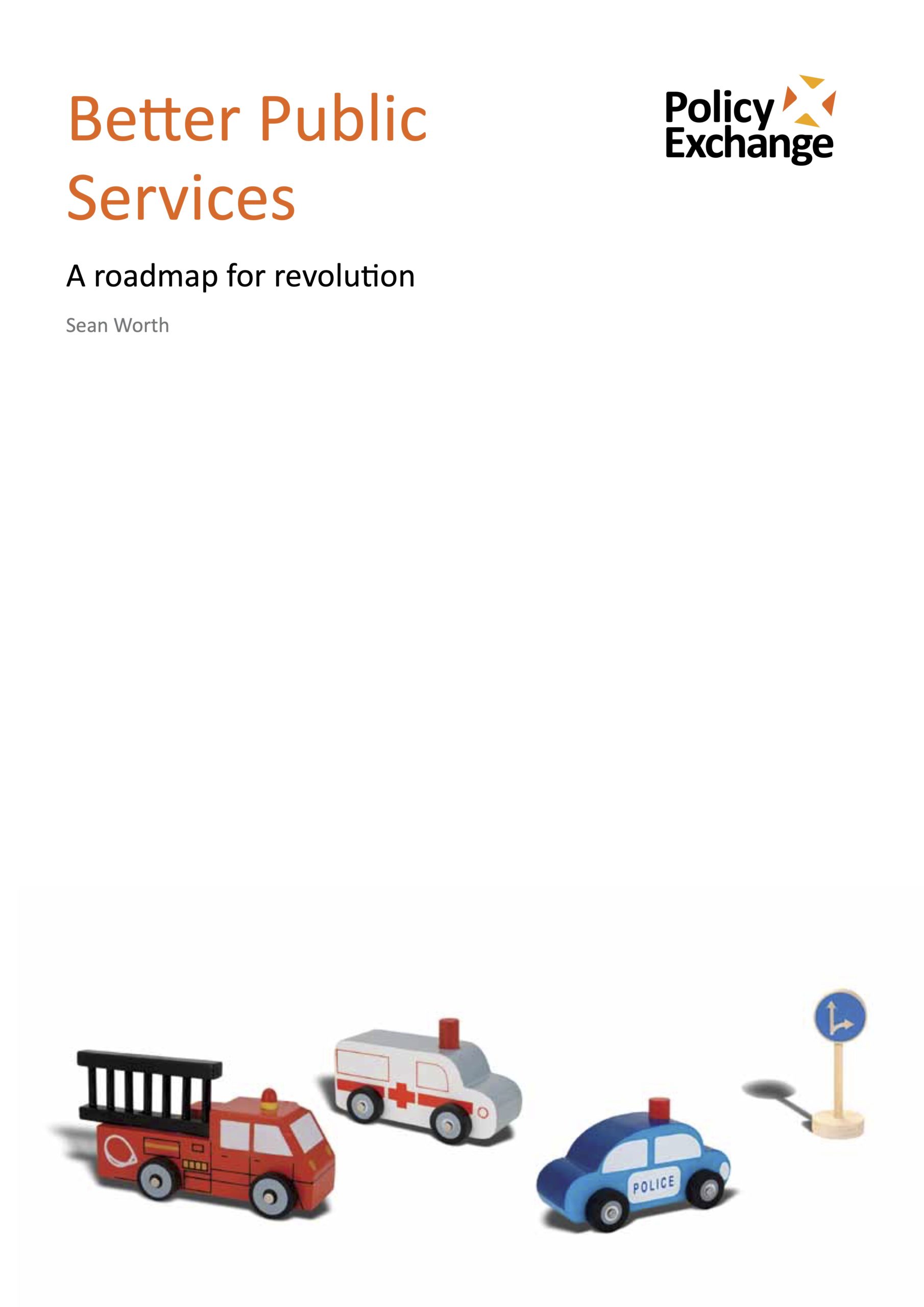
Better Public Services: A roadmap for revolution
Politicians must stand up to militant trade unionists, including banning the right to strike for emergency workers, to truly deliver a wholesale revolution in the way public services are delivered.
In his first report since leaving Downing Street as a special adviser last year, Policy Exchange’s Sean Worth says that powerful vested interests at the top of the trade union movement has led to a lack of productivity and quality in our public services that affects the most vulnerable members of society such as children and the elderly.
The report, Better Public Services: A Roadmap for Revolution, calls for a number of changes in the way services are delivered which puts power firmly in the hands of the public. It argues that the state’s right to monopoly provision of public services should be swept aside. Private companies and voluntary groups should be able to compete in an open and transparent process to provide services to the public. A new legal right would be established giving people the right to exercise choice in the public services they consume.
Citing findings from a new YouGov poll commissioned alongside the report, Worth says that vested interests in the health service, including the ‘old boys network’ in the Royal Colleges and the BMA, have convinced many in the media that the public do not want private companies to deliver public services. However, evidence shows that people overwhelmingly want greater choice and competition:
- 1 in 5 parents (22%) – rising to 1 in 3 living in cities – felt they had no options to access a good school in their local area.
- 60% of people thought that if a school, GP surgery or NHS dentist was providing a poor service then business and charities should be brought in to run them either via expanding choice or taking over the management of existing services
- C2 (skilled working class) voters were the most in favour of allowing businesses/charities to run services (65%).
The report also recommends:
- Online comparison sites should be contracted by the government to produce simple league tables to allow people to compare the performance of local hospitals. GPs and care homes.
- An end to ‘postcode lotteries’ which are unfair for poorer families

